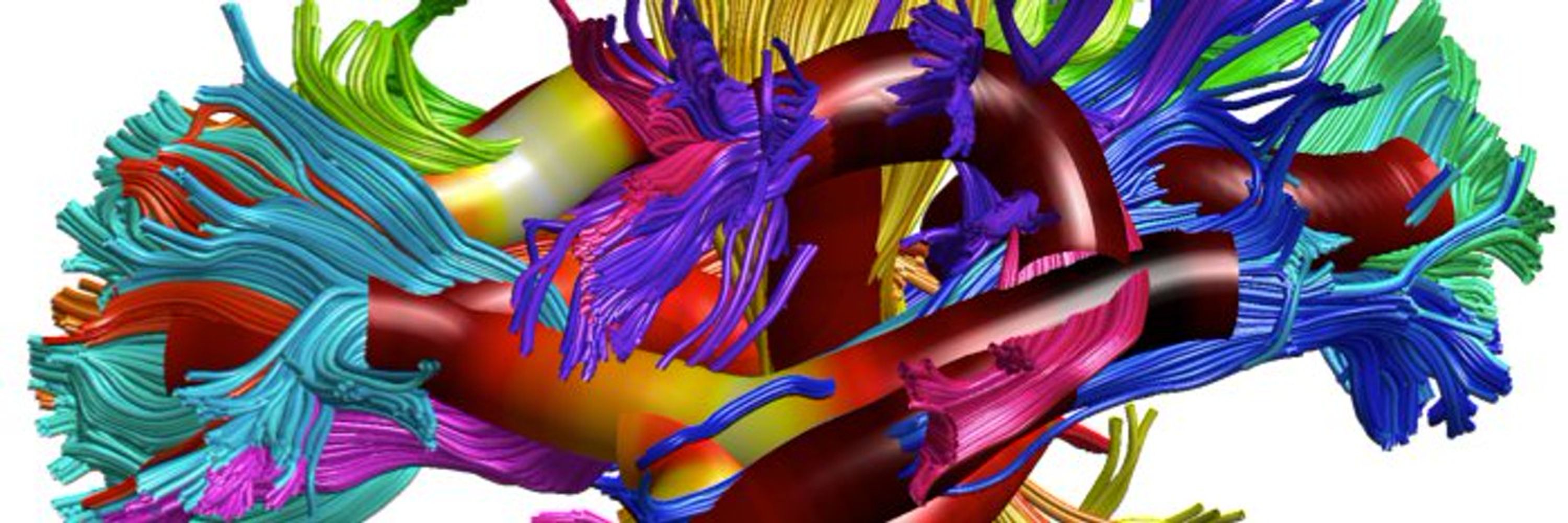Matthew D. Sacchet
@matthewsacchet.bsky.social
330 followers
50 following
410 posts
Associate Professor and Director of the Meditation Research Program at Harvard Medical School / Mass General (MGH)
https://meditation.mgh.harvard.edu/
https://scholar.google.com/citations?user=ckejHQkAAAAJ&hl=en
Posts
Media
Videos
Starter Packs



